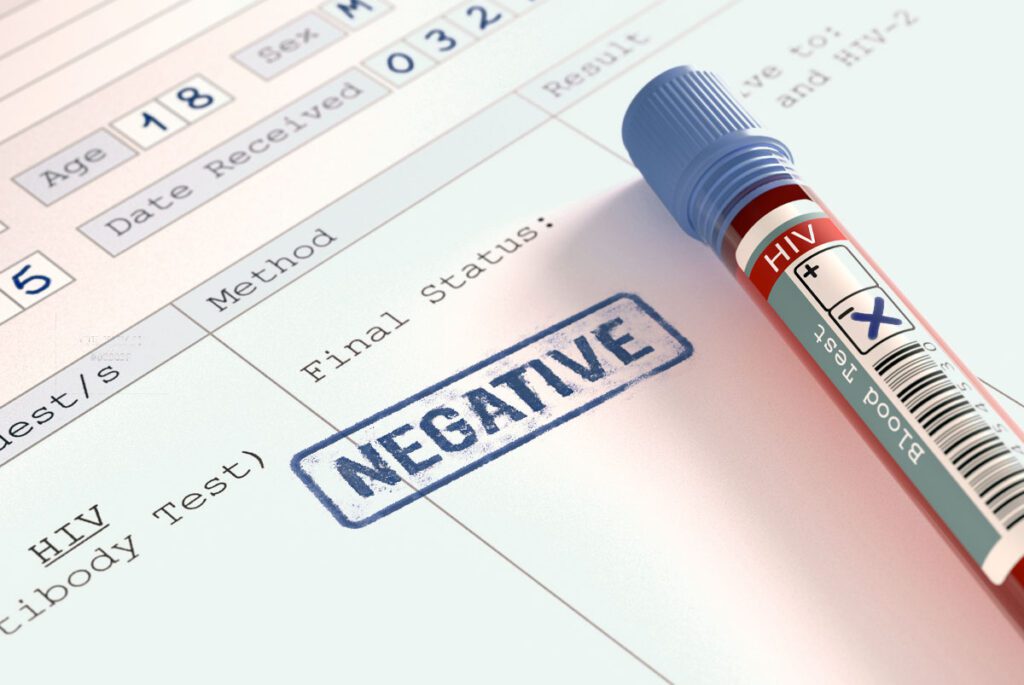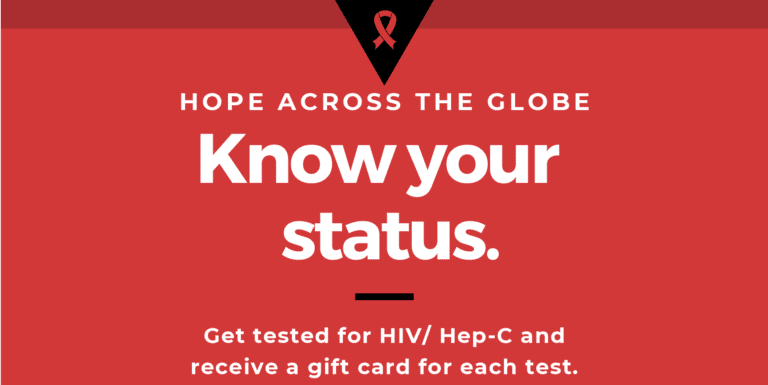The Risks of Ignore Testing For HIV and How to Encourage Others to Get Screened
HIV, or human immunodeficiency virus, is a serious medical condition that can lead to AIDS if left untreated. Despite advances in treatment and prevention, HIV remains a significant public health concern, affecting millions of people worldwide. The only way to know if you have HIV is to get tested, yet many people avoid testing due to fear, stigma, or a lack of knowledge. In this blog, we will discuss the risks of ignoring HIV testing and how to encourage others to get screened.

Risks of Ignoring HIV Testing
The risks of ignoring the HIV tests are significant. If left undiagnosed and untreated, HIV can lead to serious health complications, including AIDS, which can be fatal. Without treatment, HIV can damage the immune system and make it difficult for the body to fight off infections and illnesses. As a result, people with HIV are at increased risk of developing opportunistic infections and cancers. Additionally, people with HIV are more likely to experience mental health problems, such as depression and anxiety.
Delaying testing and treatment also increases the risk of transmitting HIV to others. People with HIV can unknowingly spread the virus to their sexual partners, which can lead to new infections. By getting tested and starting treatment early, individuals with HIV can reduce the risk of transmitting the virus to others and improve their own health outcomes.
Encouraging Others to Get Screened
Encouraging others to get screened for HIV is crucial in preventing the spread of the virus and improving health outcomes. Here are some strategies for encouraging others to get tested:
- Normalize Testing: One way to encourage others to get tested for HIV is to normalize testing as a routine part of healthcare. Encourage friends and family to get tested regularly, and share information about where to find testing centers and what to expect during the testing process.
- Address Fears and Stigma: Fear and stigma are significant barriers to HIV testing. Address these concerns by providing accurate information about HIV, how it’s transmitted, and how it’s treated. It’s important to emphasize that testing is confidential and that a positive diagnosis does not mean a death sentence.
- Provide Support: Offer support to those who are considering getting tested for HIV. This can include providing transportation to a Jacksonville STD testing clinic, offering to accompany them during the testing process, or simply being available to talk and provide emotional support.
- Use Social Media: Social media can be a powerful tool for spreading information about testing and encouraging others to get tested. Share articles, infographics, and personal stories about HIV prevention on social media platforms.
- Partner with Healthcare Providers: Healthcare providers can play a crucial role in encouraging the test. Partner with local healthcare providers to provide information about tests and to make testing more accessible to those who need it.

Where to Get Tested
Knowing where to get tested for HIV is an important part of encouraging others to get screened. There are many options for HIV testing, including healthcare providers, community health centers, and testing centers. Here are some resources for finding a testing center near you:
- The Centers for Disease Control and Prevention (CDC) offers a tool to find testing locations: https://gettested.cdc.gov/
- The National HIV and STD Testing Resource offers a tool to find HIV and STD testing locations: https://www.hiv.gov/testing/find-your-testing-site
- The American Sexual Health Association (ASHA) offers a tool to find testing locations: https://www.ashasexualhealth.org/stdsstis/hiv-aids/hiv-testing/
Conclusion
Getting tested for HIV is an important step in preventing the spread of the virus and improving health outcomes. By ignoring testing, individuals are putting themselves and their sexual partners at risk of serious health complications. Encouraging others to get tested for HIV is crucial in promoting healthy sexual behavior and reducing the stigma associated with HIV. By normalizing testing, addressing fears and stigma, providing support, using social media, and partnering with healthcare providers, we can increase awareness of the importance of HIV testing and encourage more people to get screened.
It’s also essential to know where to get tested for HIV. Many resources are available for finding testing locations, including healthcare providers, community health centers, and HIV testing clinics. By using these resources, individuals can access testing in a way that is convenient and comfortable for them.
Related Tag: STD Testing in Jacksonville






